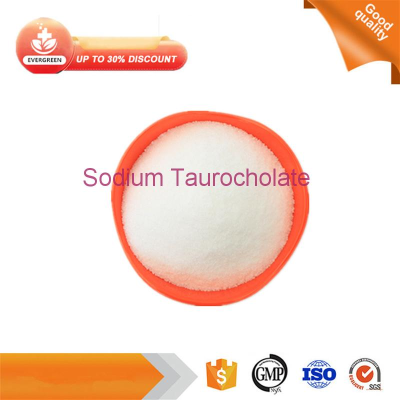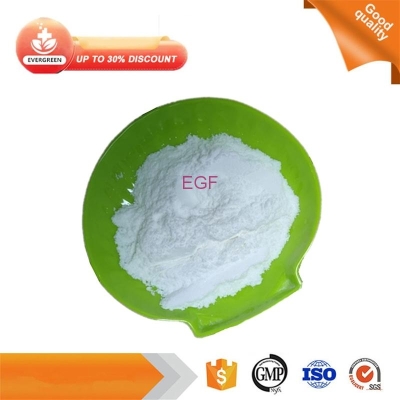-
Categories
-
Pharmaceutical Intermediates
-
Active Pharmaceutical Ingredients
-
Food Additives
- Industrial Coatings
- Agrochemicals
- Dyes and Pigments
- Surfactant
- Flavors and Fragrances
- Chemical Reagents
- Catalyst and Auxiliary
- Natural Products
- Inorganic Chemistry
-
Organic Chemistry
-
Biochemical Engineering
- Analytical Chemistry
- Cosmetic Ingredient
-
Pharmaceutical Intermediates
Promotion
ECHEMI Mall
Wholesale
Weekly Price
Exhibition
News
-
Trade Service
Ua is the final product of human nucleotides, the human body has a total of about 1200 mg UA, the human body synthesizes about 700 mg UA daily and excrets the body, previously, because the microorganisms in the urine are quickly metabolized, so it is not possible to physiologically detect the amount of urinary excretion in the urine, however, with advances in technology, researchers using indirect radiomarking of the determination found that about one-third of the UA is excreted into the intestines.
UA is a powerful antioxidant that removes reactive oxygen (ROS), which accounts for about half of the body's ability to remove free fundamentals, and previous studies have shown that elevated serum UA levels can improve enteritis in mice caused by pyridine (IND).
, however, the protective effect of UA is to play an anti-inflammatory role by secreting UA into the intestinal cavity or only because of the high concentration of UA in the serum and the anti-inflammatory effect has yet to be confirmed.
, the purpose of this study is to study it.
To assess the effect of UA serum concentration on enteritis, the researchers used different doses of creatinine (IMP) in the peritoneum (ip) of mice to increase serum UA concentration, and different IMP injection doses were available in two model mice with high serum UA (HUA) and moderate serum UAs.
to assess time changes in serum UA levels, blood samples were collected from the tail veins 15 minutes, 30 minutes, 1 hour, 2 hours, 4 hours and 8 hours after intervention.
the UA concentration and oxidative stress marker levels in the serum and intestines.
mice received pyridoxine (20 mg/kg, ip) to assess the effects of UA on intestinal diseases induced by pyridoxine.
results showed that IMP had a high level of antioxidant effect, and the tube cavity UA showed dose dependence.
in two UA-elevated mouse model groups, the intestinal disease induced by anti-inflammatory pain was significantly improved and the intra-cavity ROS induced by anti-inflammatory pain was reduced.
the microbiome of HUA mice showed a significant increase in α-diversity.
the transplantation of fecal bacteria in HUA mice improved the intestinal disease induced by anti-inflammatory pain.
This study confirms that higher levels of UA in the intestinal cavity can play a protective role in intestinal damage, possibly through oxidative stress elimination and microbiome composition regulation, so the use of antioxidants to improve intestinal anaerobic conditions is a potential therapeutic target.







